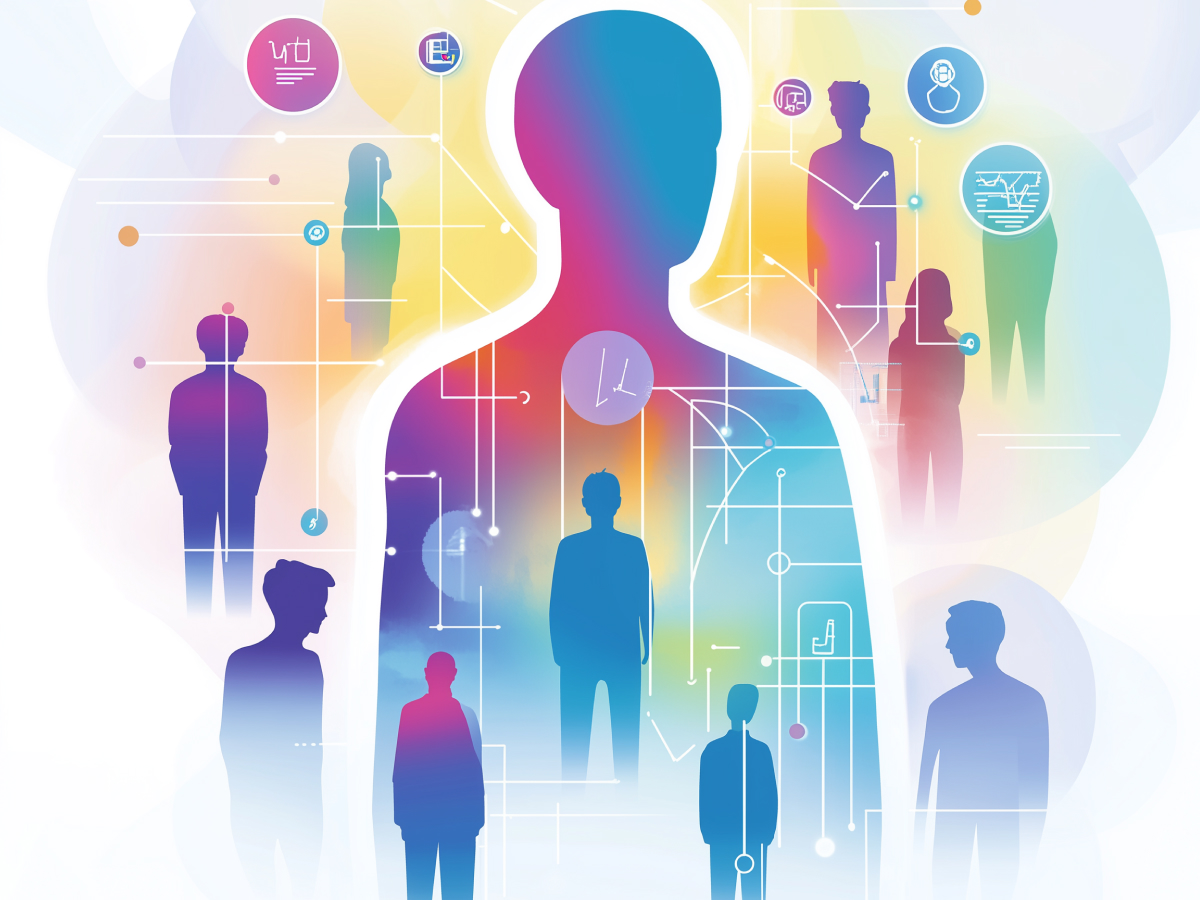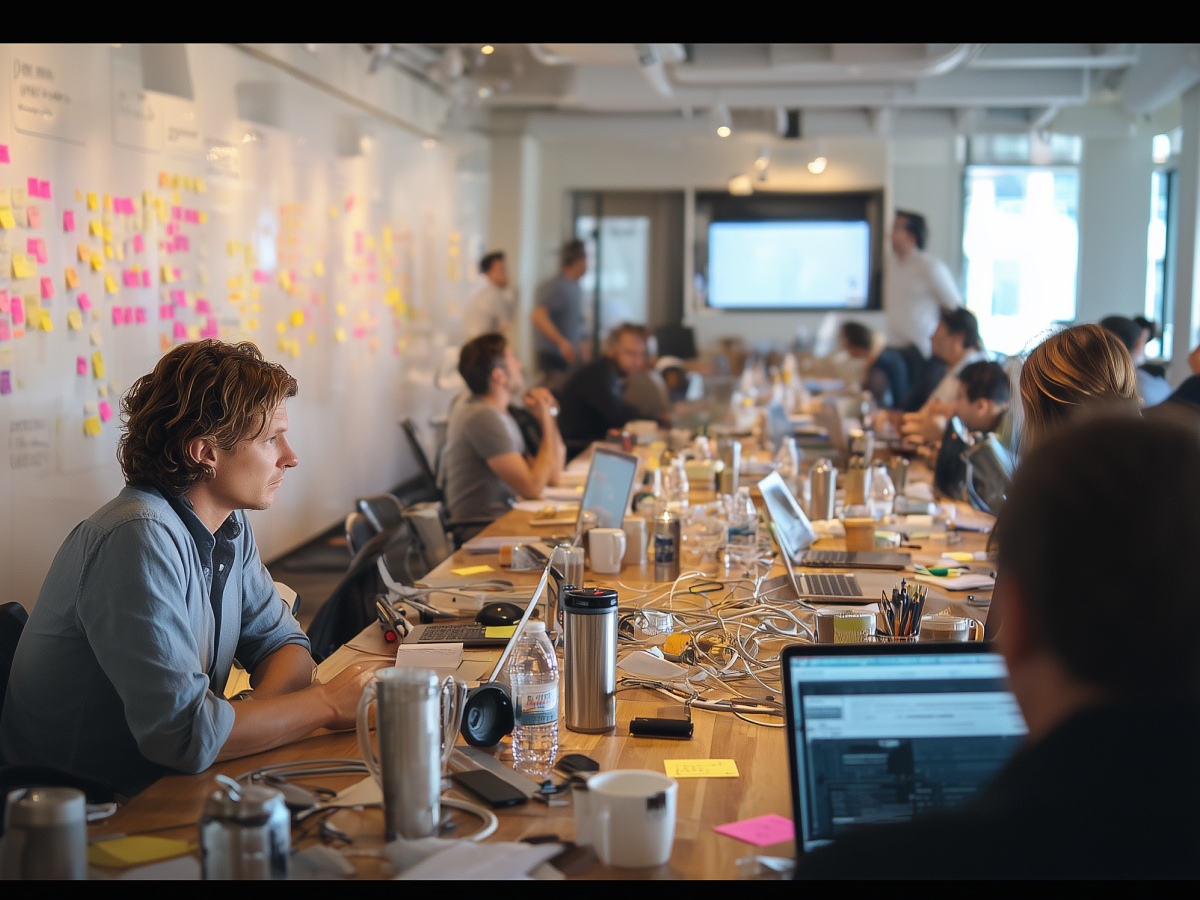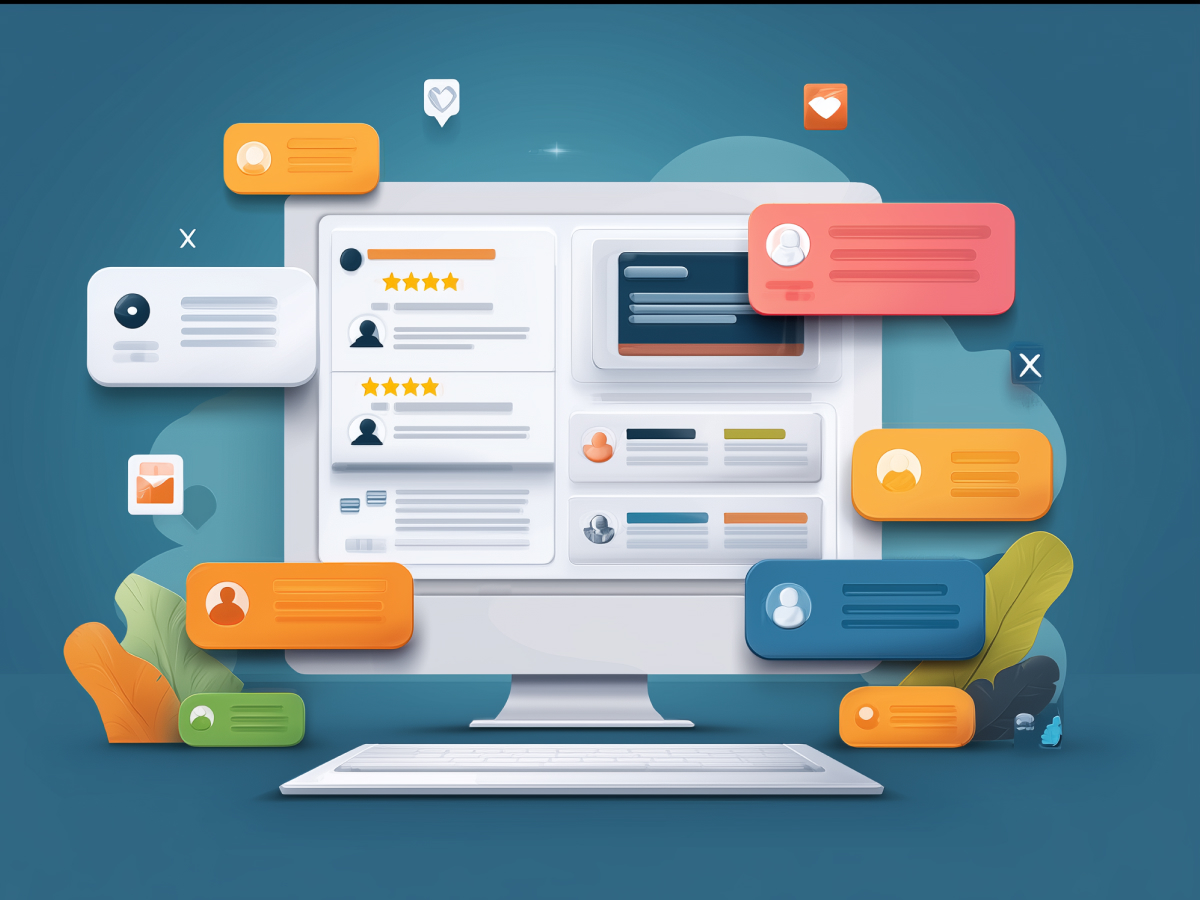Transition to integrated Employment Operating Systems (eOS)
Fragmented HR systems have become the bane of many organizations, especially for SMEs juggling multiple tools just to manage basic functions. It’s chaotic as data gets stuck in silos, processes overlap unnecessarily, and integration efforts turn into costly headaches. Even something as basic as managing permissions across tools can feel like a major obstacle.
Enter the Employment Operating System (eOS). Think of it as a single command center for everything HR-related. Instead of switching between a dozen platforms, HR teams get one streamlined solution that integrates onboarding, payroll, leave management, career development, and more. They’re built around the goals of saving time and money while positioning HR as a strategic powerhouse in your organization.
Beyond operational simplicity, eOS platforms leverage data like never before. Every function feeds into a centralized system, creating a rich dataset that HR teams can use for predictive analytics and better decision-making. Imagine knowing which recruitment strategies will work best based on historical data or having actionable insights into employee engagement trends at your fingertips.
“The real payoff here is that HR teams can spend less time managing logistics and more time driving innovation and fostering talent.”
From automation to personalization, AI is disrupting HR
AI is proving to be more useful than for automating repetitive tasks. It’s turning HR processes into something far more intelligent and personalized. Let’s talk about recruitment first. The traditional job-hunting process has been like shouting into a void—applicants send countless resumes and then play the waiting game.
Tools like SmartMatch flip this outdated model on its head. Analyzing a candidate’s skills, preferences, and career goals, SmartMatch identifies roles that are a natural fit and delivers them directly to the candidate. This approach, while faster, makes sure hires are of a higher quality, and cuts down on the time it takes to fill positions.
Now consider AI-powered chatbots like Employment Hero’s Hero AI. These aren’t your typical automated response systems, they’re compliance-savvy digital HR experts. Need clarification on an employment law? Hero AI can scan all your HR documentation and provide an answer instantly. This precision means HR teams don’t waste time sifting through paperwork or waiting for answers. The result is faster decision-making and a seamless experience for both employees and managers.
The AI-driven future of HR is about making every interaction meaningful. Whether it’s recruitment or daily HR support, AI personalizes and refines each touchpoint, building up relevance and efficiency at every step.
Focus on Employee Experience (EX) through next-gen HR tools
In today’s business world, happy employees can be your competitive edge. That’s why next-gen HR tools are focusing heavily on employee experience (EX). These systems track metrics while actively supporting well-being, career growth, and engagement.
Take leave management, for instance. Advanced systems can proactively nudge employees to take time off, making sure they maintain a healthy work-life balance. This kind of thoughtful touch reduces burnout and keeps your workforce energized. Career development gets a personalized boost too. With curated recommendations for courses, mentorships, and even challenging assignments, employees can follow career paths that are tailored to their unique skills and aspirations.
Wellness initiatives are becoming more intelligent, too. From platforms offering tailored wellness programs to real-time feedback systems that address concerns immediately, every feature is designed to make employees feel valued and connected. This focus on emotional and professional well-being is strategic. Engaged, satisfied employees perform better, stay longer, and contribute more to your company’s success.
Future HR systems will turn every interaction into an opportunity to strengthen loyalty and productivity. The tools of tomorrow are about helping employees thrive, not only in their roles but also as individuals. That’s how you build a workforce ready for whatever the future holds.
Final thoughts
Are your HR systems good enough for today, but also ready to lead your brand into tomorrow. Are you equipping your people with tools that let them thrive, or holding them back with outdated complexity? Think about it: your ability to attract top talent, retain your best minds, and innovate at scale depends on the systems you choose today.




